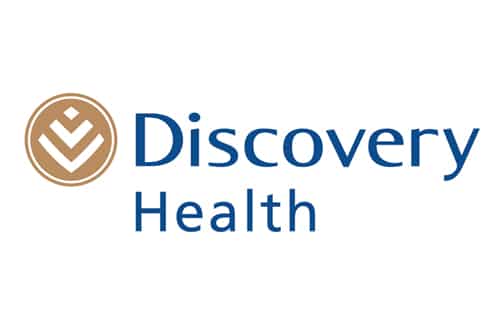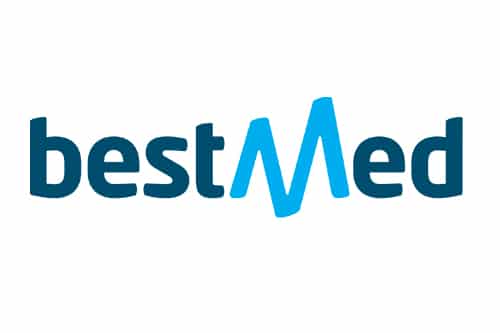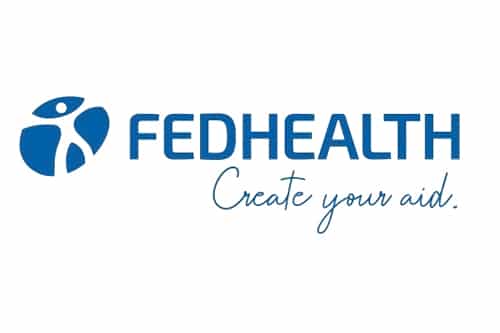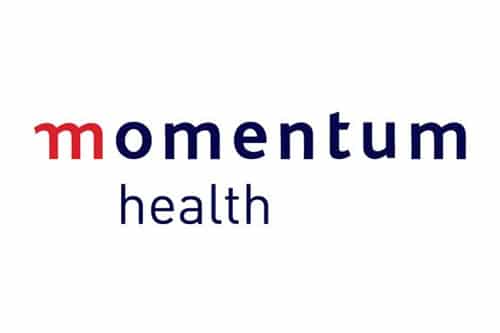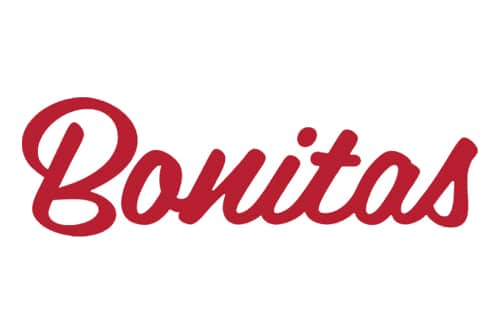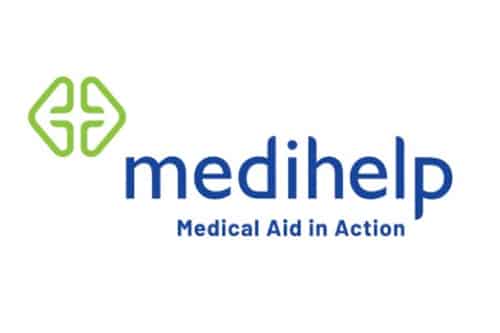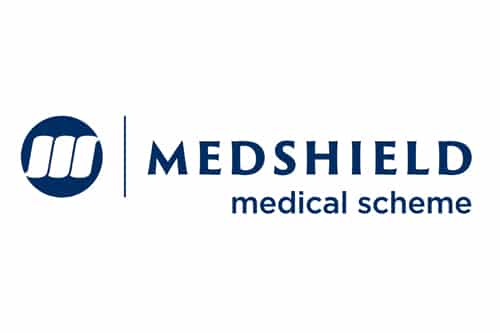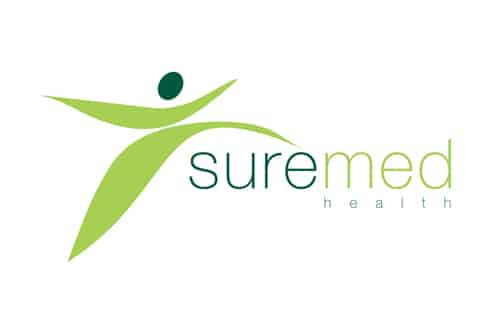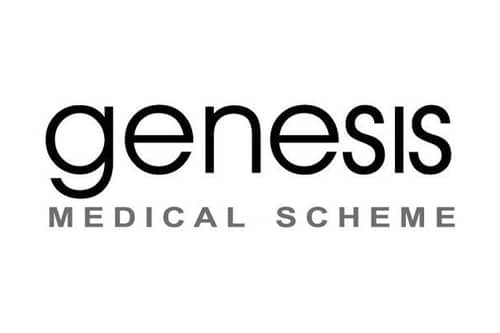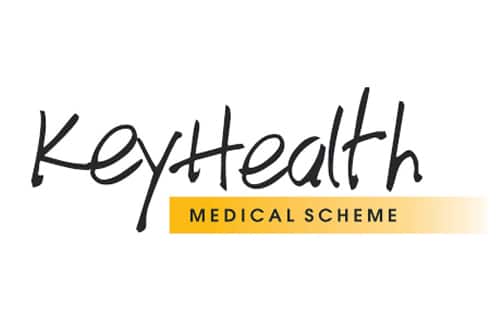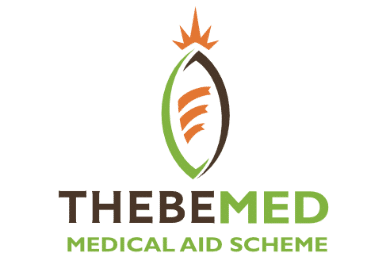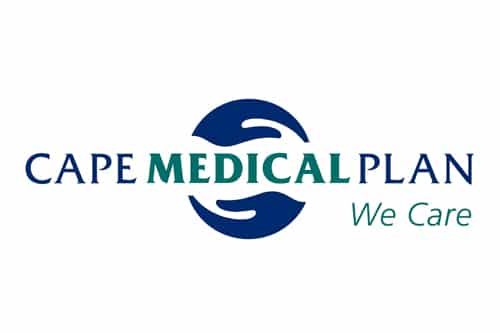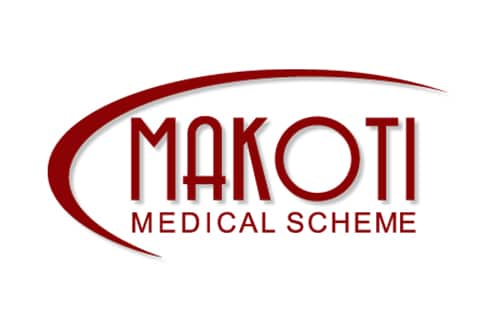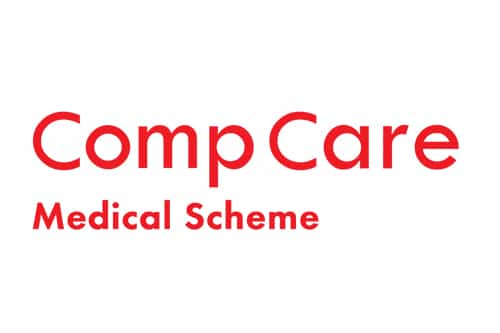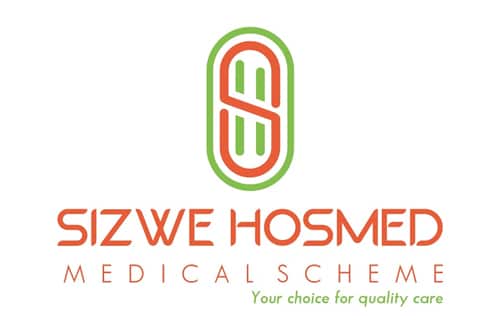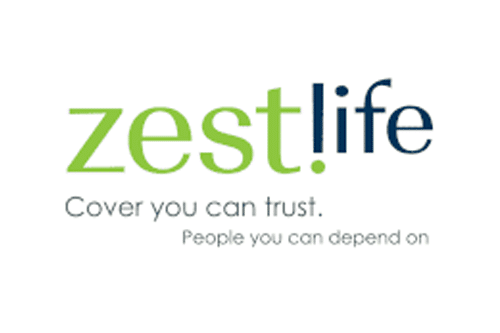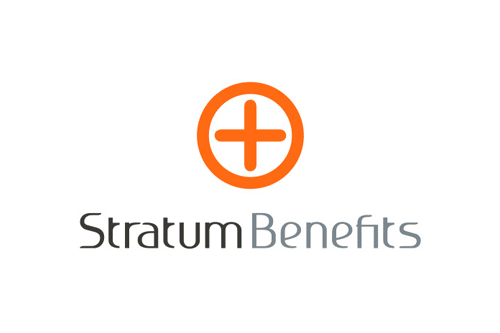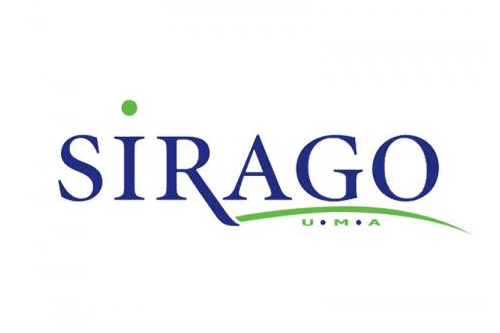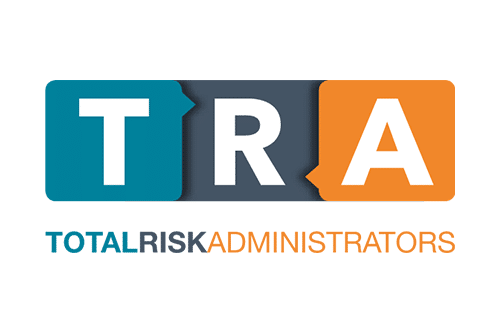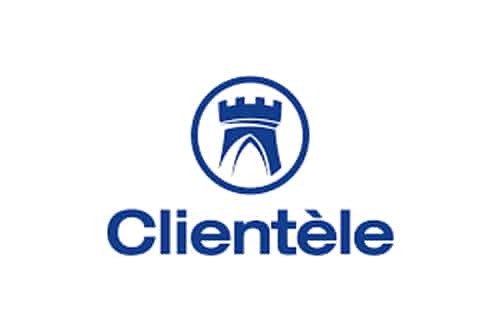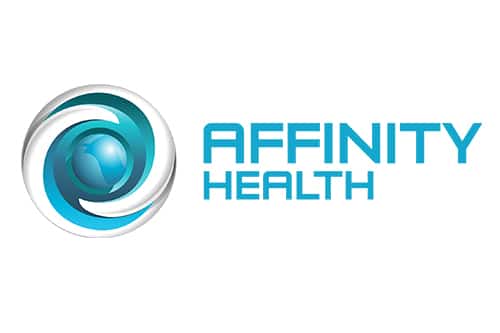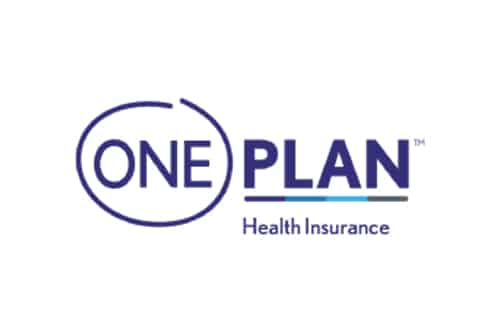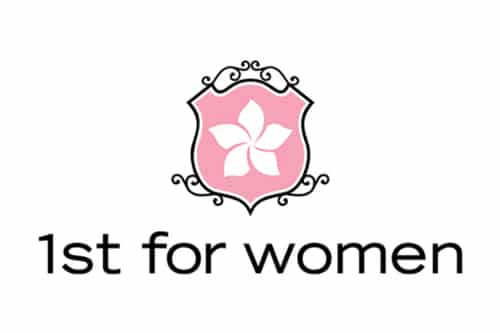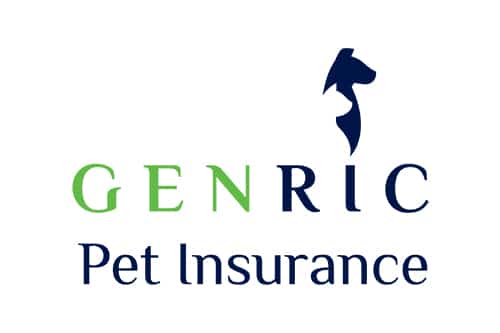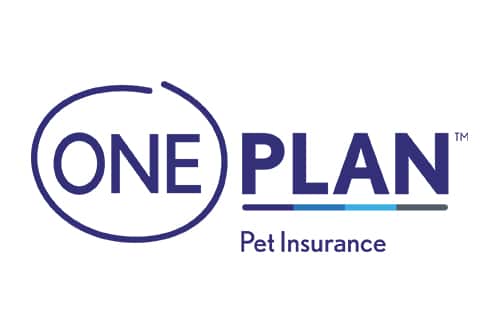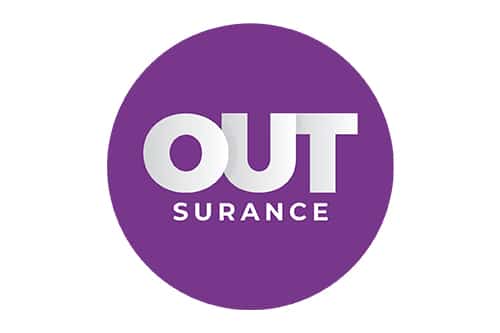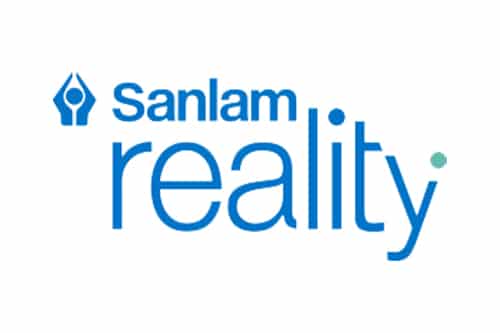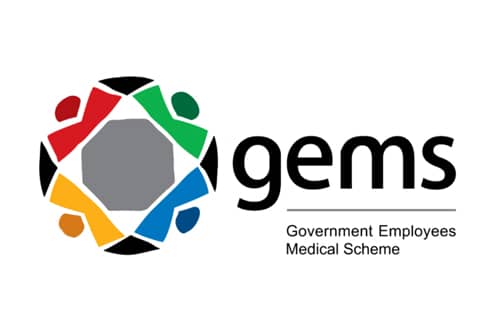Updated: 20 February 2024
Will Godongwana take away the nearly R30 billion tax relief for medical scheme members?
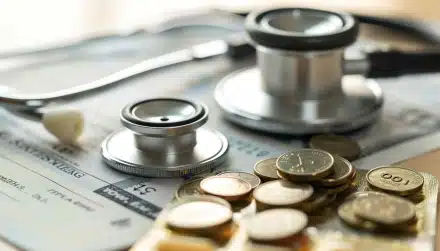
The medical scheme industry is watching Finance Minister Enoch Godongwana’s budget speech on Wednesday with great concern due to the potential impact of changes to the tax relief that members receive.
The industry is waiting for news on the almost R30 billion tax relief per annum that medical scheme members receive through medical tax credits. There is also an additional medical tax credit for out-of-pocket expenses amounting to R7.5 billion, according to ENSAfrica.
The money from medical tax credits is being considered for reallocation to fund the government’s National Health Insurance (NHI) plan.
Why this news is awaited with more concern than in the previous seven years is that NHI Bill was passed by parliament late last year. It is seven years since the white paper policy document on the plan was released in 2017.
Not a joke
A lot of tension already exists in the private sector as the Bill is currently in front of President Cyril Ramaphosa for his consideration. Petitions from the private sector are building up on his desk, with stakeholders pleading with him not to sign the bill, listing the numerous constitutional problems it present and the huge cost of the plan for the economy.
Because it is an election year there is the additional concern that it will be used as an election ploy.
When Ramaphosa will sign the bill is a hot topic of discussion in the industry since he joked in his state of the nation address earlier in February “he is just looking for his pen” to sign it.
READ: Medical scheme members relax – NHI a long way off
For this reason, economists are also hoping to see information on how the NHI will be funded.
The idea with NHI is to pool payments for healthcare in a single fund to pay for a basket of benefits that will be delivered by the private and public sector with no additional payment required by the patient.
The national Department of Health has indicated that an additional R200 million per annum would be required to fund the NHI. The bill specifies that payroll taxes and a surcharge on personal income tax could be considered as sources as well as an increase in VAT.
Show us the money Bill
The chief executive officer of Discovery Health, dr. Ron Whelan, says to enable the funding proposals put forward by the national department of health for the NHI, national treasury is required to prepare and present a money Bill to parliament.
The money Bill is expected to clarify how the NHI will be funded in terms of any tax amendments and how the provincial health budgets will be centralised into a single fund.
“To date, no clarity has been provided on the status of the money Bill or the funding of the NHI,” he told Netwerk24.
Any changes to taxes, like the proposed re-allocation of funding for medical scheme tax credits, can also only be included in legislation if they are introduced by the minister of finance.
“The national department of health and the NHI Bill itself cannot declare any changes to taxes.”
PwC South Africa Tax Policy Leader Kyle Mandy and PwC South Africa chief economist Lullu Krugel are also hoping for clarity on the plan to eliminate the medical tax credits to fund the NHI as well as other potential funding mechanisms.
The chairperson of the Health Funders Association (HFA) Craig Comrie says in the context of reduced GDP and tax collections the ability of treasury to finance NHI is becoming an impossible task.
“I would be surprised if there is more budget set aside other than the general recruitment for the NHI structure itself.
“Other priorities, such as the basic income grant, also need to be financed. I would suggest there is no real money for NHI for the foreseeable future, and the money would be better spent on funding doctors posts and improving the public sector services while reducing the governments debt repayments, which are swallowing larger portions of the budget than health or education.”
Below inflation
Momentum Investments’ Head of Investment Research and Asset Allocation, Herman van Papendorp, and economists Sanisha Packirisamy believe there is a chance that medical tax credits could be adjusted in the budget for the funding of the NHI.
In 2018 the then minister of finance Malusi Gigaba announced below inflation increases in the tax credits for the next three years to reallocate R4,2 billion to NHI.
Mandy and Krugel say budget 2023 proposed an inflationary increase for medical tax credits to fund the rollout of the NHI. “It is expected that Budget 2024 will propose a similar inflationary increase in line with forecast inflation.”
The problem is that medical scheme contributions increase by far more than inflation, meaning that the relief does not keep track with the cost of medical schemes.
Reduce disposable income
A medical tax credit is a rebate, used to reduce the normal tax a person pays. This credit must be considered by the employer when calculating the amount of employees’ tax to be deducted or withheld from the employees’ remuneration.
An individual who is retired and receives a pension or is self-employed, can claim medical tax credits in their annual income tax return.
The tax and remuneration specialist Tanya Tosen says it reduces an employee’s PAYE amount, which is implemented on most payrolls, thereby increasing an employee’s take-home pay.
It is currently R364 for the principal member, with the same amount for the first dependent and R246 for each additional dependent.
“If these credits are eliminated, it would translate to a significant reduction in disposable income for households,” she told BusinessTech.
The medical scheme tax credits are meant to be progressive mechanism of funding healthcare. It was restructured in 2012 to be more beneficial to lower income earners.
“Medical scheme tax credits have been effective in making medical schemes more accessible for lower income earners. Removal of the tax credits will place additional financial strain on members, particularly low-income earners,” says Whelan.
For a family of four, the loss would amount to R1,220 per month or R14,640 per annum.
A family of two would experience a monthly decrease of R728 or R8 736 annually.
For a single person this will be a decrease of R364 per month or R4 368 per year.
The average increases for most medical schemes in 2024 were close to or higher than 10%.
The average consumer price inflation for 2023 was 6%.
Author: Nellie Brand-Jonker

